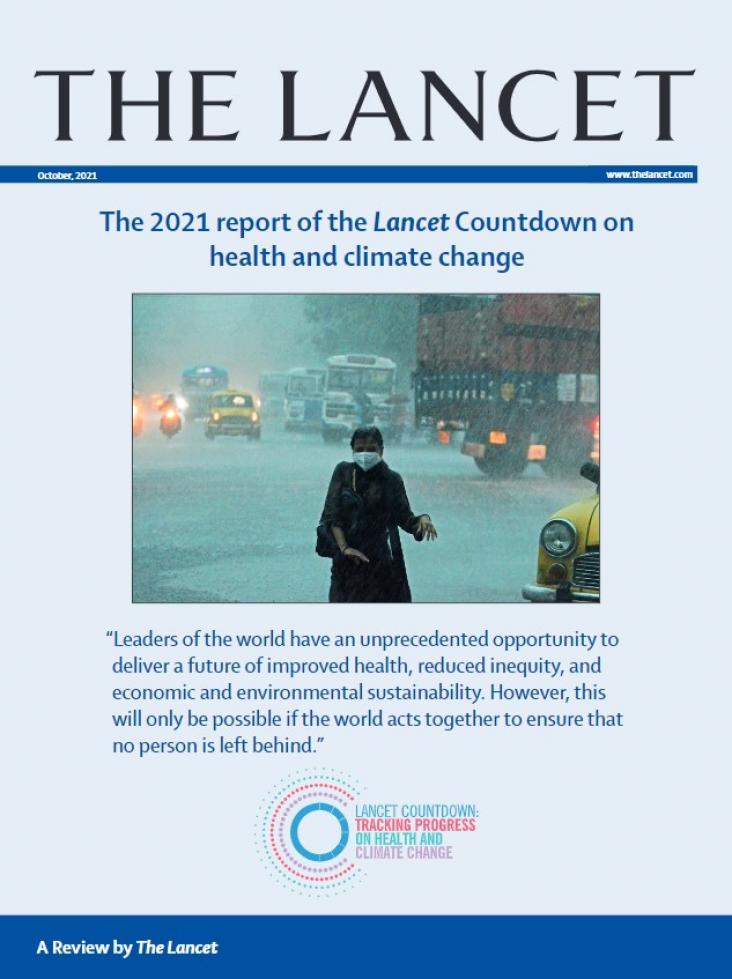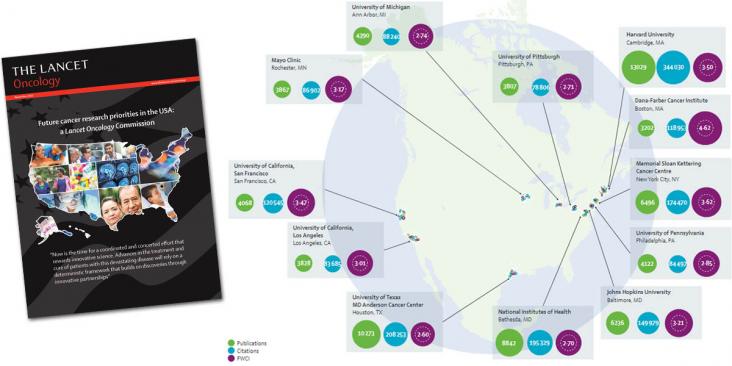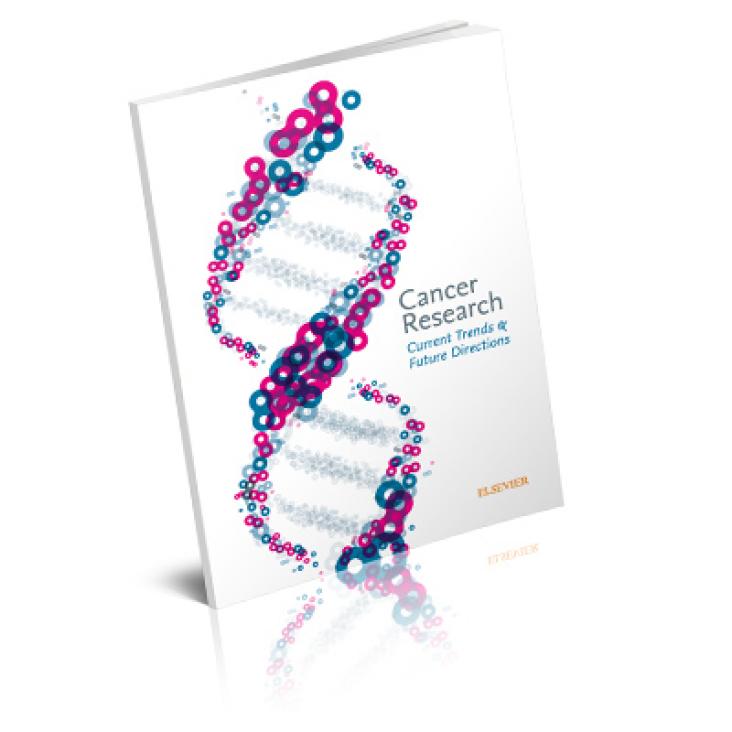Ensure healthy lives and promote well-being for all at all ages

The Lancet Countdown is an international collaboration that independently monitors the health consequences of a changing climate. Publishing updated, new, and improved indicators each year, the Lancet Countdown represents the consensus of leading researchers from 43 academic institutions and UN agencies.
This Lancet Global Health Commission advances addresses SDG 3 directly, and SDGs 1, 2, 4, 5, 8 and 10 indirectly, by comprehensively demonstrating how improving eye health by treating and preventing vision impairment and vision loss can not only advance SDG 3—improving health and wellbeing for all—but also contribute to poverty reduction, zero hunger, quality education, gender equality, and decent work and economic growth. The findings of this report frame eye health as a development issue and highlight that, with a growing ageing population globally, urgent and concerted action is needed to meet unmet eye health needs globally, including incorporating equitable eye care into countries’ universal health coverage plans.
This book chapter advances SDG #3 and #10 by providing therapeutic strategies that can be employed in clinical trials for AD in DS will be discussed as well as their underlying scientific rationale.
This Personal View addresses SDGs 2, 3, 10, and 12 by exploring the potential consequences of food system innovations in relation to the SDGs. The authors highlight the negative consequences that standalone innovations can have for some sustainability goals, particularly for reducing inequalities and improving social justice. They identify ways in which technical innovations could be embedded in systemic changes to address trade-offs between positive and negative outcomes of their implementation.

By mapping the state of research within each SDG area, this report acknowledges the pivotal role research plays in tackling some of the world’s greatest challenges. It aims to better understand the research community’s global sustainable development efforts and assesses the progress made, as well as unmet research needs.
This news report addresses SDGs 3 and 5 by highlighting how the COVID-19 pandemic has led to a global surge in violence against women and girls. The report highlights that lack of access to sexual and reproductive health services during the lockdown and thereafter could result in up to 7 million unintended pregnancies worldwide, and up to 2·7 million unsafe abortions and 11 000 pregnancy-related deaths.
The 2018 Lancet Countdown report directly contributes to SDG 13 (climate action), SDG 3 (good health and well-being) and SDG 9 (industry, innovation and infrastructure). The report indicates that climate change is the biggest global health threat of the 21st century. Stressing the need for governments to focus on decarbonising economies, in order to reduce rates of cardiovascular and respiratory disease, and reduce risk factors linked to infectious disease and mental illness.
In support of SDGs 3 and 5, this Lancet Commission report presents a comprehensive agenda for global, regional, and national progress on sexual and reproductive health and rights (SRHR), up to 2030 and beyond. The report highlights why recognition of, and investment in, SRHR is pivotal to shaping future economic development and environmental sustainability, and proposes an essential package of SRHR services that should be universally available to all individuals who need them.

The report is authored by over 50 leading oncologists, including members of leading US cancer organizations, and sets out 13 key priority areas, each with measurable goals, to focus the $2 billion of funding released to the National Cancer Institute (NCI) as part of the 21st Century Cures Act. The report sets out a detailed road map to deliver on the Blue Ribbon Panel recommendations, including a focus on prevention, a new model for drug discovery and development, a vast expansion of patient access to clinical trials, and an emphasis on targeted interventions to improve cancer care for underserved groups, specifically children, cancer survivors and minority groups.

With this report, Elsevier aims to benchmark and map out the global landscape of cancer research to provide helpful new insights. Along with other materials, this benchmark report will offer the research community, pubic, policymakers and research funding organizations information on the current state of cancer related research. We hope this report will be used to inform the development of new operational approaches, priorities, policies and funding strategies to produce new knowledge that will address key challenges related to cancer in the most effective, efficient and impactful way possible.
